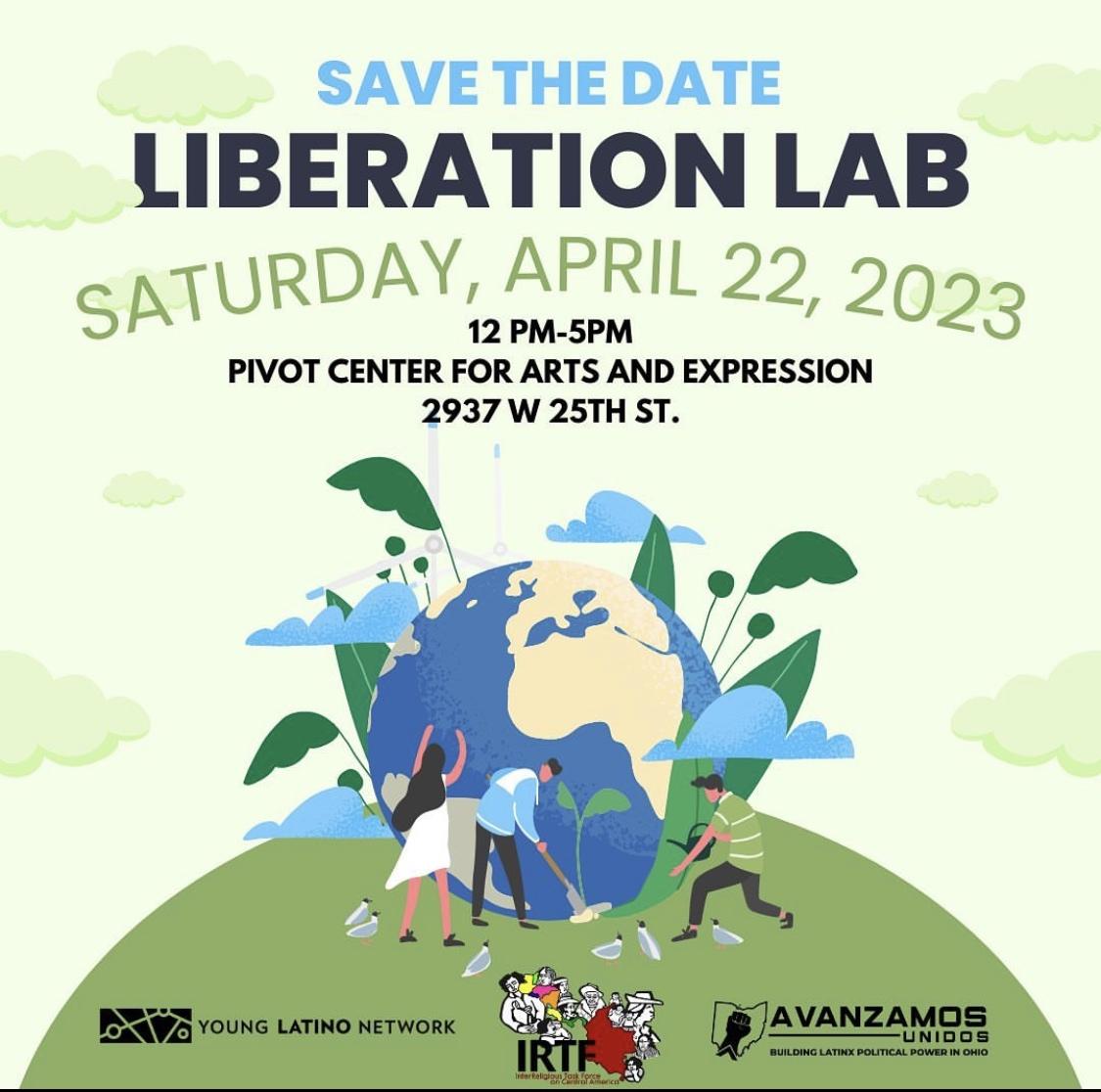Tolupán Indigenous communities (whose 26 tribes are organized in the Federation of Xicaques of Yoro Tribes, or FETRIXY), have been defending their ancestral lands from the economic interests of outsiders for decades. In recent months, three tribes elected new boards of directors with clear leadership that seek the liberation of Tolupán territories, the defense of the common goods, and the vindication of their rights. However, these transitions have angered the logging and mining companies and landowners, accustomed for years to dispossession and imposing their will with impunity. Threats, persecution, and violence have increased.
On May 9 in San Francisco de Locomapa, Indigenous defender Amilcar Vieda was viciously murdered, alongside community member Naún Ismael Chacón; they were shot to death, and then their bodies were burned. In the same Tolupán community, Ramon Santiago Matute the new president of the board of directors, and José María Pineda, coordinator of the Tolupán Tribal Preventive Council of San Francisco de Locomapa (and his daughters) received death threats (cf our letter 26 May 2023). In Las Vegas de Tepemechín, some of the Indigenous leaders have been forced to flee from their homes because of threats, and the previous president of the board of directors, Reynaldo Barahona, suffered several physical attacks. And in Mina Honda a similar situation is playing out involving the newly elected president of the board of directors, Santos Lucas, due to the fact that he opposes the extraction of minerals, felling of trees and contamination of water sources in the area.
We are urging that the government of Honduras: (1) comply with the United Nations recommendation to take necessary measures so that Tolupán leaders and tribal members can carry out their work in defense of their territories and cultural heritage in a propitious and safe environment, and (2) investigate ALL reports of threats and violence against Toulpán leaders—including the assassinations of Amilcar Vieda and Naún Ismael Chacón—and hold accountable those responsible.

